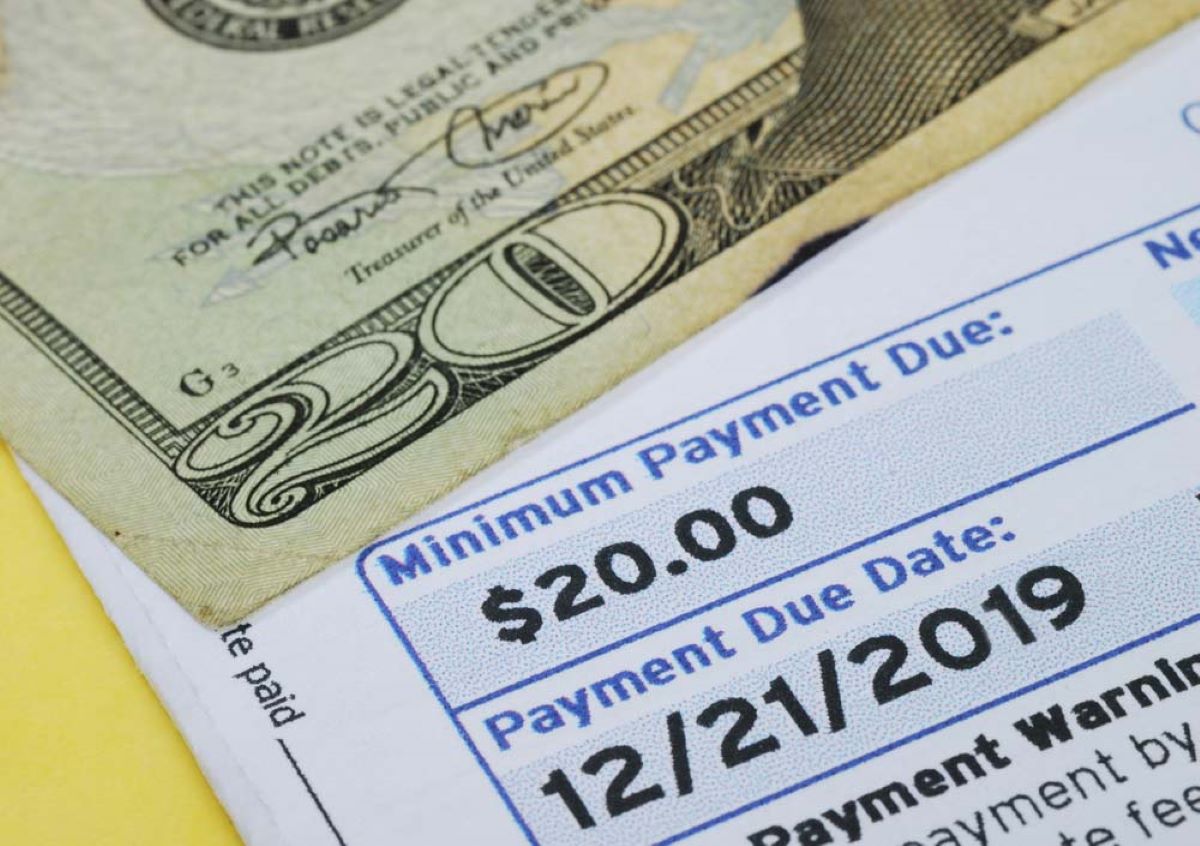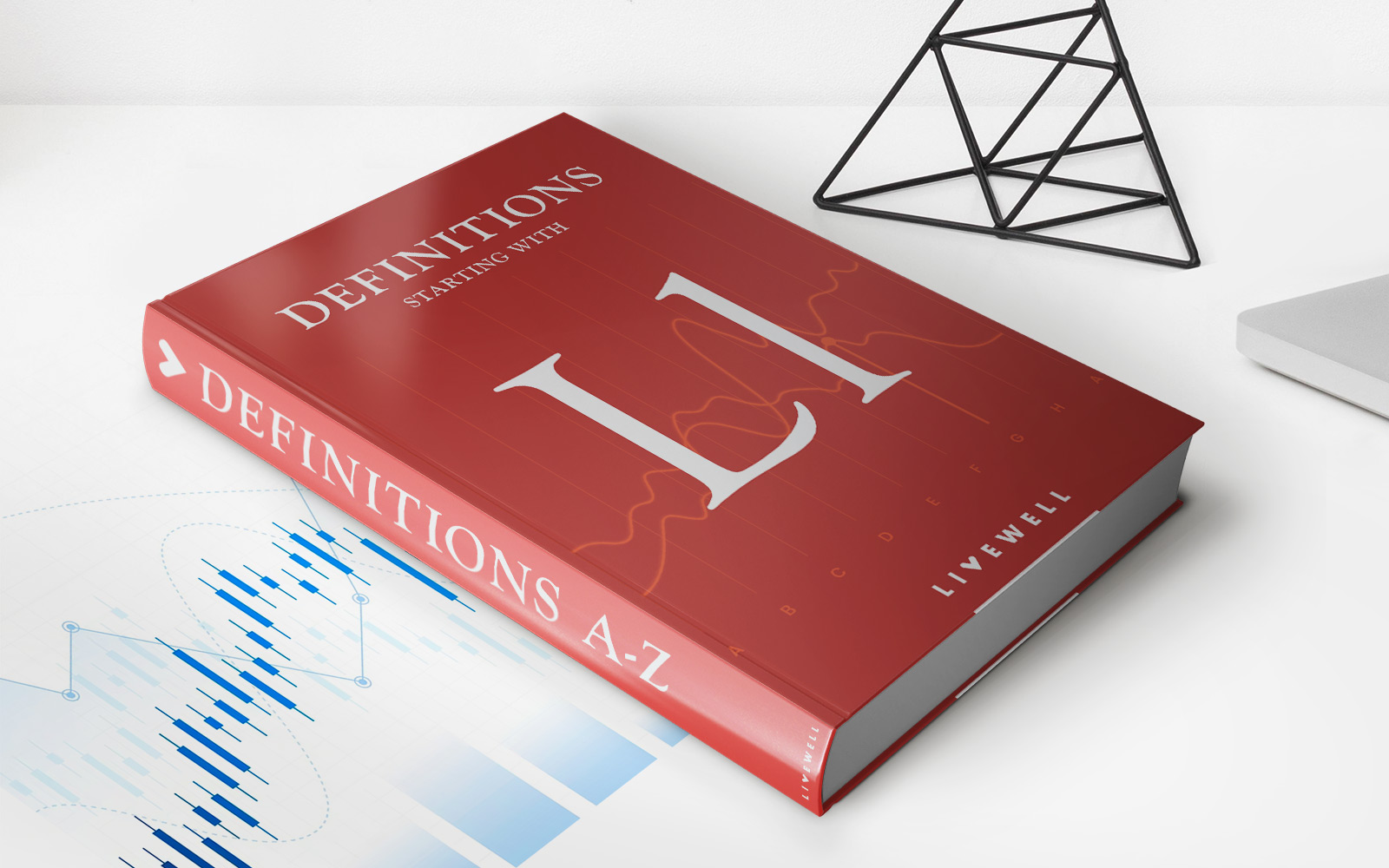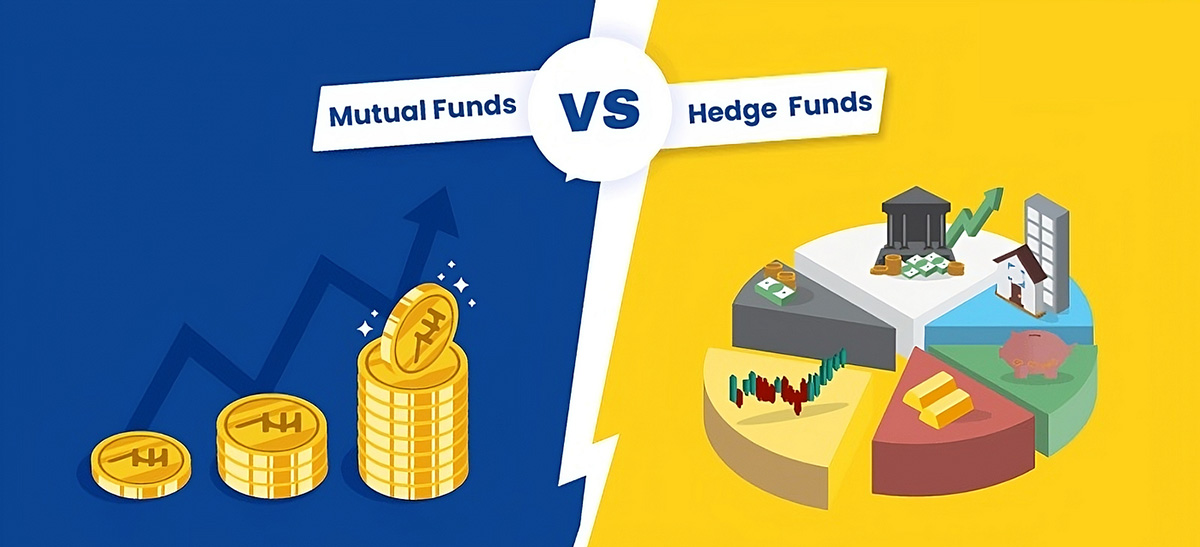Home>Finance>What Happens If I Don’t Make The Minimum Payment On Credit Card


Finance
What Happens If I Don’t Make The Minimum Payment On Credit Card
Published: February 27, 2024
Learn the consequences of not making the minimum credit card payment and how it can impact your finances. Understand the importance of managing your finances effectively.
(Many of the links in this article redirect to a specific reviewed product. Your purchase of these products through affiliate links helps to generate commission for LiveWell, at no extra cost. Learn more)
Table of Contents
Introduction
Credit cards are a ubiquitous part of modern financial life, offering convenience and flexibility in managing expenses. However, failing to make the minimum payment on a credit card can have serious consequences. Understanding the implications of missing the minimum payment is crucial for maintaining financial stability and avoiding long-term repercussions.
Many credit card users may not fully comprehend the significance of the minimum payment requirement. It is not simply a suggested amount; rather, it is the minimum sum that must be paid each month to keep the account in good standing. Failure to meet this obligation can lead to a cascade of negative outcomes, impacting credit scores, incurring hefty fees, and potentially triggering legal actions by the credit card issuer.
As such, it’s essential to delve into the implications of not making the minimum payment on a credit card. By gaining a comprehensive understanding of the potential ramifications, individuals can make informed decisions and take proactive steps to manage their credit card obligations effectively, thereby safeguarding their financial well-being.
Understanding the Minimum Payment
When you receive your credit card statement, it typically includes a minimum payment amount. This figure represents the lowest sum you are required to pay by a specified due date to keep your account in good standing. It’s important to note that the minimum payment is not a fixed amount and can vary based on factors such as the outstanding balance, interest accrued, and issuer’s policies.
The minimum payment usually consists of a small percentage of the total balance, typically around 1% to 3%, along with any interest and fees accrued during the billing cycle. While paying the minimum amount may seem like a manageable short-term solution, it’s crucial to recognize its long-term implications. By only making minimum payments, you could end up paying significantly more in interest over time, and it may take years to clear the debt.
Understanding the components of the minimum payment is vital. It comprises not only a portion of the principal balance but also the interest and any applicable fees. Ignoring the significance of these elements can lead to a cycle of debt accumulation, making it increasingly challenging to regain financial stability.
It’s important to be mindful of the minimum payment and its underlying factors. By comprehending its composition and implications, individuals can make informed decisions about managing their credit card debt and work towards effectively addressing their financial obligations.
Consequences of Not Making the Minimum Payment
Failure to make the minimum payment on a credit card can trigger a range of adverse consequences that extend beyond immediate financial penalties. Understanding these repercussions is crucial for individuals to grasp the seriousness of not meeting this obligation.
One significant consequence of missing the minimum payment is the potential damage to your credit score. Payment history is a key factor in determining credit scores, and even a single missed payment can have a detrimental impact. A lower credit score can affect your ability to secure favorable loan terms, obtain new credit cards, or even impact your housing and employment opportunities.
Additionally, not making the minimum payment can result in the accumulation of substantial interest and fees. Credit card issuers often impose late payment fees, which can further exacerbate the financial burden. Moreover, the outstanding balance continues to accrue interest, leading to a snowball effect that makes it increasingly challenging to pay off the debt.
Furthermore, repeated failure to make the minimum payment may prompt the credit card issuer to increase the interest rate on the account. This can significantly elevate the cost of carrying the debt, making it even more challenging to become debt-free.
It’s important to recognize that the consequences of not making the minimum payment extend beyond financial implications. The stress and anxiety stemming from mounting debt and credit issues can take a toll on mental and emotional well-being, impacting overall quality of life.
By understanding the multifaceted consequences of not meeting the minimum payment requirement, individuals can gain a comprehensive perspective on the potential pitfalls and take proactive steps to avoid these detrimental outcomes.
Impact on Credit Score
Missing the minimum payment on a credit card can have a profound impact on an individual’s credit score. Credit scores are a numerical representation of an individual’s creditworthiness, and they play a pivotal role in various financial transactions, including loan approvals, interest rates, and even employment background checks.
Payment history is a significant factor in credit scoring models, typically accounting for about 35% of the overall score. As a result, failing to make the minimum payment can lead to a swift and substantial drop in the credit score. Even a single missed payment can tarnish an otherwise pristine payment history and signal potential risk to lenders and creditors.
A lower credit score can have far-reaching consequences. It can make it more challenging to secure new lines of credit, and if approved, the terms may be less favorable with higher interest rates. Additionally, a diminished credit score can impact other aspects of life, such as renting a home, obtaining insurance, and even securing certain types of employment.
Moreover, the negative impact on the credit score is not limited to the immediate aftermath of the missed payment. It can linger for an extended period, as payment history is a long-term consideration in credit scoring models. Rebuilding a damaged credit score takes time and concerted effort, further underscoring the importance of prioritizing timely payments.
Understanding the profound impact of a missed minimum payment on the credit score underscores the critical need for responsible credit management. By recognizing the pivotal role of payment history in credit scoring, individuals can prioritize meeting their minimum payment obligations and safeguard their creditworthiness for the future.
Accrued Interest and Fees
When the minimum payment on a credit card is not made, the outstanding balance continues to accrue interest, leading to a compounding effect on the overall debt. In addition to the accrual of interest, credit card issuers often impose late payment fees, adding to the financial burden faced by the cardholder.
The accumulation of interest on the unpaid balance can significantly inflate the total amount owed. Credit cards typically have relatively high annual percentage rates (APRs), and the compounding of interest can lead to a substantial increase in the outstanding debt over time. As a result, individuals who only make minimum payments or miss payments altogether may find themselves in a cycle of increasing debt, making it more challenging to achieve financial stability.
Late payment fees further exacerbate the financial impact of not meeting the minimum payment requirement. These fees, typically ranging from $25 to $40 or more, are added to the outstanding balance, contributing to the overall debt burden. Moreover, repeated instances of late payments can lead to the imposition of these fees each month, compounding the financial strain on the cardholder.
It’s important to recognize that the combination of accrued interest and late payment fees can significantly inflate the total amount owed on the credit card. This not only prolongs the time required to pay off the debt but also increases the overall cost of carrying the balance, making it imperative for individuals to address their credit card obligations proactively.
By understanding the implications of accrued interest and fees resulting from missed minimum payments, individuals can gain insight into the long-term financial repercussions. This awareness can serve as a catalyst for taking decisive steps to manage credit card debt effectively and mitigate the impact of compounding interest and fees.
Legal Action and Debt Collection
When minimum credit card payments are consistently missed, the credit card issuer may resort to legal action and debt collection efforts to recoup the outstanding balance. While the exact timeline and process can vary based on the issuer’s policies and the specific circumstances, it’s essential for individuals to be aware of the potential repercussions of prolonged non-payment.
One possible course of action is the initiation of debt collection efforts by the credit card issuer or a third-party collection agency. This can involve frequent communication attempts aimed at obtaining payment, which may include phone calls, letters, and emails. The persistence of these collection efforts can create significant stress and anxiety for the cardholder, impacting their overall well-being.
Furthermore, prolonged non-payment can lead the credit card issuer to pursue legal action to recover the outstanding debt. This can result in the issuance of a summons or a formal complaint, potentially culminating in a court judgment against the individual. Such legal actions can have far-reaching consequences, including wage garnishment, asset seizure, and damage to the individual’s credit history.
It’s crucial for individuals to understand that legal action and debt collection efforts are not merely hypothetical outcomes of non-payment; they are potential realities that can materialize if credit card obligations are consistently neglected. By recognizing the seriousness of these potential consequences, individuals can take proactive steps to address their credit card debt and avoid the escalation of the situation to legal and collection measures.
Ultimately, the specter of legal action and debt collection underscores the critical importance of managing credit card obligations responsibly. By prioritizing timely payments and proactive communication with the credit card issuer, individuals can mitigate the risk of facing these severe repercussions and work towards resolving their credit card debt in a constructive manner.
Options for Managing Credit Card Debt
For individuals facing challenges in managing credit card debt, several options are available to address the situation effectively and regain financial stability. Understanding these options is crucial for making informed decisions and taking proactive steps to alleviate the burden of credit card debt.
One viable approach for managing credit card debt is to negotiate with the credit card issuer for a revised payment plan. This may involve requesting a lower interest rate, a waiver of certain fees, or a structured repayment schedule that aligns with the individual’s financial capabilities. Many credit card companies are willing to work with cardholders facing difficulties to find mutually beneficial solutions.
Consolidating credit card debt through a balance transfer to a card with a lower interest rate can be another effective strategy. By consolidating multiple balances onto a single card with more favorable terms, individuals can streamline their debt and potentially reduce the overall interest paid, making it easier to manage and pay off the debt.
Seeking the assistance of a reputable credit counseling agency can provide valuable support in managing credit card debt. Credit counselors can offer personalized guidance, budgeting assistance, and debt management plans to help individuals regain control of their finances and work towards becoming debt-free.
For individuals facing significant challenges in managing credit card debt, exploring debt settlement or negotiation options may be a viable path. This involves working with the creditor to reach a settlement agreement, often allowing the individual to pay a reduced amount to satisfy the debt, albeit with potential impacts on credit scores.
Bankruptcy should be considered as a last resort for resolving overwhelming credit card debt. While it can provide a fresh financial start, bankruptcy has long-term consequences and should be approached with careful consideration of its impact on credit, assets, and overall financial well-being.
By understanding and exploring these options for managing credit card debt, individuals can take proactive steps to address their financial challenges and work towards achieving a more secure and stable financial future.
Conclusion
The implications of not making the minimum payment on a credit card are far-reaching, encompassing financial, credit-related, and even emotional consequences. Understanding these ramifications is crucial for individuals to navigate their credit card obligations responsibly and mitigate the potential negative outcomes.
By comprehending the multifaceted impact of missing the minimum payment, individuals can prioritize timely payments and take proactive steps to manage their credit card debt effectively. This may involve exploring various options, such as negotiating with the credit card issuer, consolidating debt, seeking credit counseling, or considering debt settlement, to address financial challenges and work towards regaining stability.
Furthermore, recognizing the pivotal role of the credit score and the potential damage resulting from missed payments underscores the importance of responsible credit management. Prioritizing timely payments and maintaining a positive payment history are essential for safeguarding creditworthiness and securing favorable financial opportunities in the future.
In conclusion, the repercussions of not making the minimum payment on a credit card extend beyond immediate financial penalties, impacting credit scores, accruing interest and fees, and potentially leading to legal and debt collection actions. By gaining a comprehensive understanding of these consequences and exploring viable strategies for managing credit card debt, individuals can proactively address their financial challenges and pave the way for a more secure and stable financial future.














